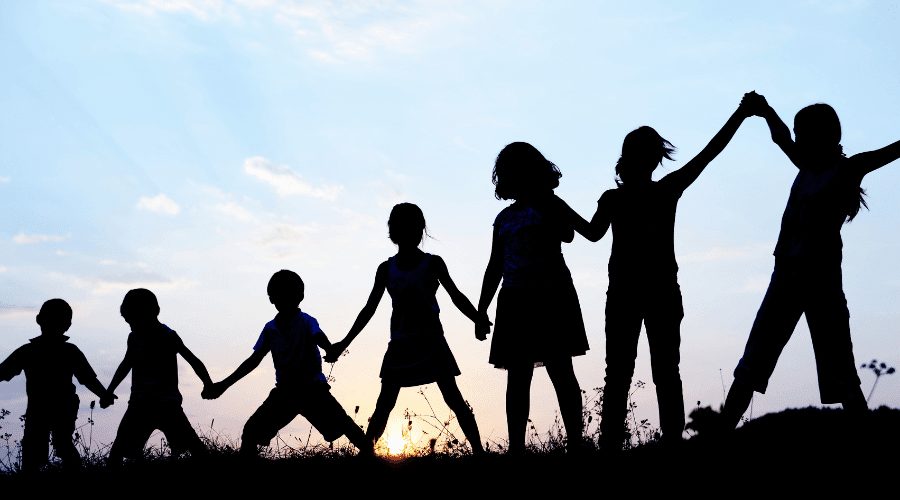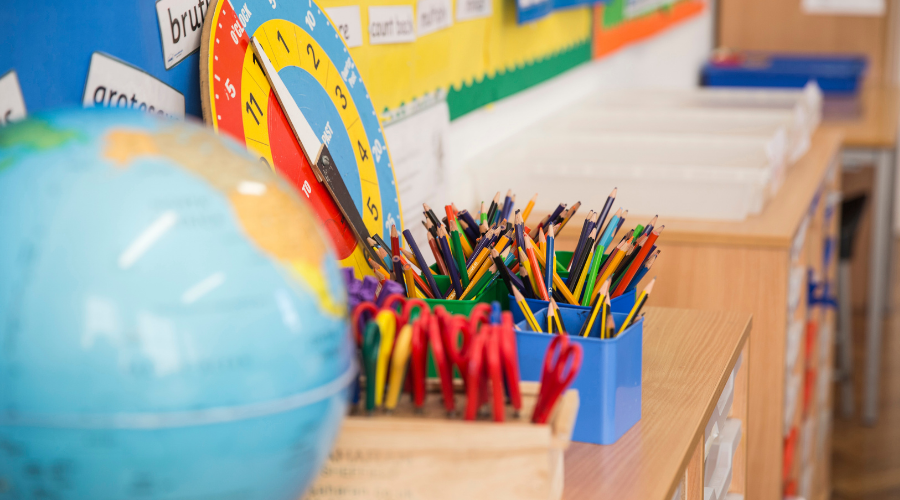Authored by John Snell, Open Minds Education Expert, & UK Head Teacher and Education Specialist
One of the joys of school leadership is developing a positive and relevant learning culture for all in the school. I have always recognised that we are only a snapshot in time for our students, so the need to see the big picture is essential if we want to enable them to see real value in what we do. I use the word ‘value’ here – not that the purpose of teaching and learning is not in itself valuable, it’s the fact that in isolation, devoid of any real context, there is a real danger that students can see themselves on a conveyor belt, moving through the education system rather like a product on a production line before reaching the end. The need for our young people to see context and relevance to school is so important – particularly if we want to avoid disengagement and the likely non-attendance that follows. And this is where I feel we have a duty to add greater value – ‘school plus’ if you like. To take the time to discuss, be critical of and challenge what makes us who we are, and in particular, what it means to be a good citizen, to enable us to lead a good life. The acquisition of knowledge can only go so far. If we don’t provide our young people with the language of life, and the opportunity to reflect and have a voice, then we run the risk of the next generation feeling isolated, helpless, and devoid of hope

Which is why in my school, like so many others, we have a set of key values to help promote positive life skills. These are the key drivers for all that we do in the school. It was a real challenge however, deciding which we were going to choose! After all, too many and they would easily lose their impact and it would become difficult to make connections between them; too few and you run the risk of missing something pivotal. It is perhaps not surprising therefore that it took us a very long time to decide, however after lots of careful thought and consideration, we chose these six: responsibility, collaboration, respect, unique, courage and aspiration. What do you think of our selection? I am sure most schools have something similar. Through conversations with staff, parents, governors and of course children, we felt that these are key to helping develop a positive mindset to lead a happy life and engaging life. That’s not to say we believe that nothing else is of importance. In particular, we reflected long and hard on the value of ‘grit’. Is that an actual value? Perhaps ‘determination’ might work just as well? We felt that ‘aspiration’ encompassed both of these.
So how does this look day to day in school? The first thing to say is that these values are quite simply the beating heart of all that we do. If we truly believe that they are key to developing a good character, then to not reference them daily would dilute their importance. We have a clear mission statement that reflects our commitment to them: We believe these values are key to preparing our children for their lives in the world today. To achieve these aims we:
- Are a warm, vibrant and welcoming school
- Make learning a stimulating, rich, diverse and relevant experience for all
- Pride ourselves on knowing every child’s needs and talents
- Celebrate achievements and value individuality
- Work closely with parents and the local community
- Have high expectations of what can be achieved both now and in the future
Our school hall is emblazoned with these values, each taking up a large display board with photographs of children demonstrating them in their lives. This is particularly important to us as the photographs help to celebrate the many ways in which they can be achieved. We have a ‘value of the week’ where children are praised for displaying the chosen value. Each week we celebrate individual achievements in our end of week celebration assembly and at the end of each term, we celebrate the many ways in which classes have successfully demonstrated these values in their day to day learning.

Often you can hear adults in the school celebrating the courage children have shown in a piece of particularly tricky learning, or the responsibility they have shown in setting up a charity event. The key to their success is when we are critical in their delivery. By asking the children themselves which value they have demonstrated, it increases the impact as they are then having to actively critique their own attitudes and behaviours and having to consider what, for example, aspiration actually felt like. What happened both before and after they demonstrated courage? In this way, we are ensuring that there is a deeper understanding of what it means to be a good global citizen and on an emotional level, our children can relate how they feel to their actions, which in turn will help to reinforce their importance and ultimate success in the future.

At the end of their learning journey with us, our young people leave with a growing sense that they have control over their emotions – and their lives. Yes, they have acquired knowledge, but also the skills to develop good character and a self-awareness to be the best they can be, particularly when faced with challenges and all the ups and downs of life. Our school is a joyful place and I have no doubt that the clarity in which we approach these values is an enormous part of that.
John Snell
Head Teacher

